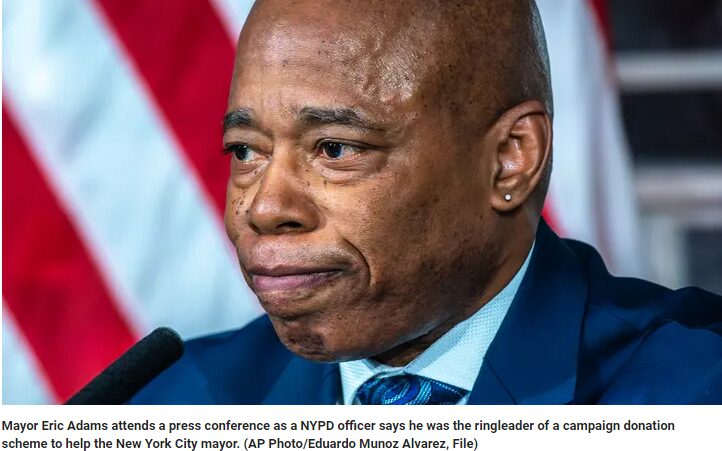New York City is on track to become the largest city in the United States to implement a reparations program aimed at addressing the legacy of slavery. This initiative is the result of two significant bills, introduced by Councilmembers Crystal Hudson and Farah Louis, which seek to establish both a Truth, Healing, and Reconciliation Commission and a reparations task force. Both bills passed on Thursday and are set to take effect immediately.
In a press release, the New York City Council shared, “Today, the New York City Council voted to pass legislation that will lay the foundation for municipal efforts to confront and address the historical impact of slavery and racial injustices in New York City.” The legislative package includes several important measures: it initiates a Truth, Healing, and Reconciliation process specifically focused on slavery in New York City—one of the leading cities in the U.S. for slave ownership during the 1700s—along with a reparations study, the installation of informational signs at the site of the city’s first slave market, and the formation of a task force to consider creating a ‘Freedom Trail.’ This proposed trail would commemorate sites tied to the abolitionist movement and the Underground Railroad.
The press release further explains that the commission’s mission will be to uncover and document the historical facts surrounding slavery in New York City and its lasting effects on communities today. It aims to protect and honor the individuals and communities impacted by these historical injustices, while also providing recommendations for changes within government and institutions to prevent the continuation and recurrence of injustices rooted in the legacy of slavery.












